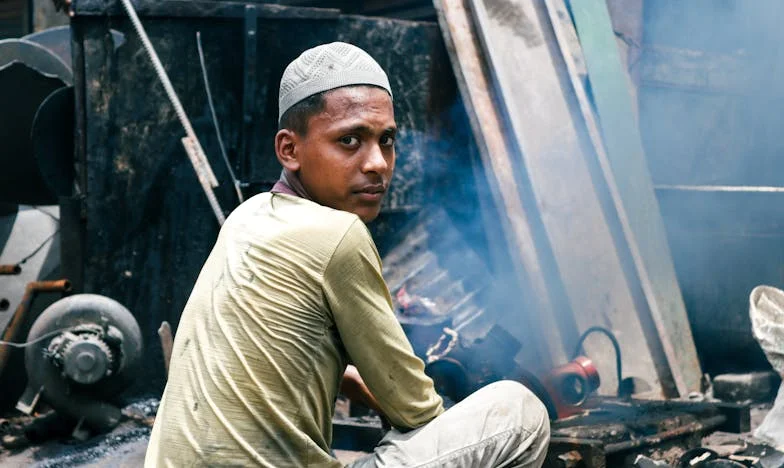After the Laughter: The Price of an Uneven Love
“So, do you love him or do you just need a father?” My mom’s words hung in the air, thick and sharp as the August humidity outside the café. I could feel the stares of the regulars—locals who’d watched me grow up, now watching me clutch the hand of a man old enough to be my dad. Chris squeezed my fingers under the table, his own knuckles pale. I wanted to scream, or maybe just disappear.
It started on a rainy May afternoon, two years ago, when my car broke down just outside Asheville. I ducked into the Bluebird Diner, soaked and shivering, and there he was—Chris, silver hair tousled, reading the newspaper like someone from a different decade. He looked up when I ordered coffee, smiled, and before I knew it we were talking about music, politics, and the best barbecue in the county. I was twenty-eight and restless, tired of swiping through faces that blurred together. Chris was fifty-three, newly divorced, rebuilding everything from scratch. He made me laugh so hard I forgot about my car, my job at the gallery, my anxieties about turning thirty.
Our friendship grew over shared plates and long walks along the French Broad River. I liked the way he listened, never rushing to fill silences. He liked my stubbornness, my dreams about opening my own art studio. We became an us before either of us admitted it. When I told my best friend Lila, she stared at me like I’d confessed to a crime. “He’s older than your dad, Jo. What are you thinking?”
I didn’t have an answer then. I just knew that when Chris was around, the world felt softer, safer. But the world outside our bubble was anything but soft. My mom called it a phase. My dad stormed out of Sunday dinner the first time Chris came by, saying, “I won’t sit at a table with him.” My brother joked about “daddy issues” until I stopped coming home entirely. The only time I saw Chris falter was when my nephew, all of eight years old, asked, “Are you Jo’s grandpa?”
Chris had his own ghosts. His daughter, Stephanie, was just three years younger than me, and she wanted nothing to do with our relationship. “You’re embarrassing yourself,” she’d text him, “and Mom.” Chris would read those messages alone, then pretend everything was fine. But I saw the way his hands shook sometimes when we talked about the future. He’d lost friends too—men who grumbled about “robbing the cradle” and stopped inviting him to poker night.
But love is stubborn. We built a life in spite of the whispers: Sunday pancakes at the diner, late-night drives with the windows down, him teaching me to change my oil, me painting his portrait in the living room light. For every door slammed, we found a window open. When Chris was hospitalized after a heart scare, I slept in the waiting room chair until the nurses made me leave. For a moment, I saw the future everyone else warned me about—me, alone, holding the hand of a man the world said was too old for me, facing loss sooner than I wanted to think about. But even then, I couldn’t regret choosing him.
Still, the judgment wore at me. At a friend’s wedding, I overheard someone say, “I give it six months. She’ll want kids and he’ll want retirement.” Chris heard it too, and for weeks afterward, he pulled away—started talking about moving to Florida, about not wanting to “hold me back.” We argued, cried, made up. One night, I shouted, “Why do you care so much what they think? Why can’t we just be happy?”
He looked at me, tired and sad. “Because I want you to have everything, Jo. Everything. And I’m afraid I can’t give you that.”
What does everything mean? I still don’t know. I know I want his stories, his patience, the way he loves me without games. I know I want his laughter in the kitchen and his hand in mine. But I also know the price: strained holidays, friends who drift away, the endless question—am I missing out on something I won’t realize until it’s too late?
This May, we returned to the Bluebird Diner for our anniversary. The waitress remembered us, and her smile was genuine. For a moment, I felt normal, even lucky. But when we left, I caught sight of our reflection in the window—me, young and hopeful, him, older and a little tired, but still smiling at me like no one else ever has.
So, here I am, asking the question out loud: Is love enough when the world keeps telling you it’s wrong? Or is it braver to walk away, even when your heart begs you to stay? I’d love to know what you think—would you risk everything for a love no one else understands?
